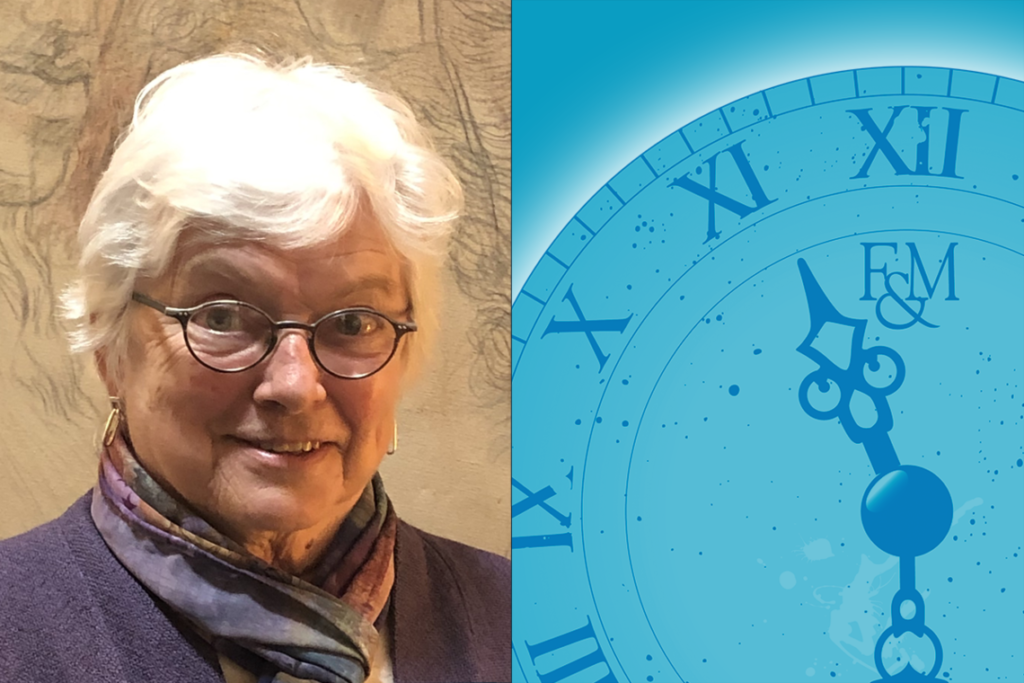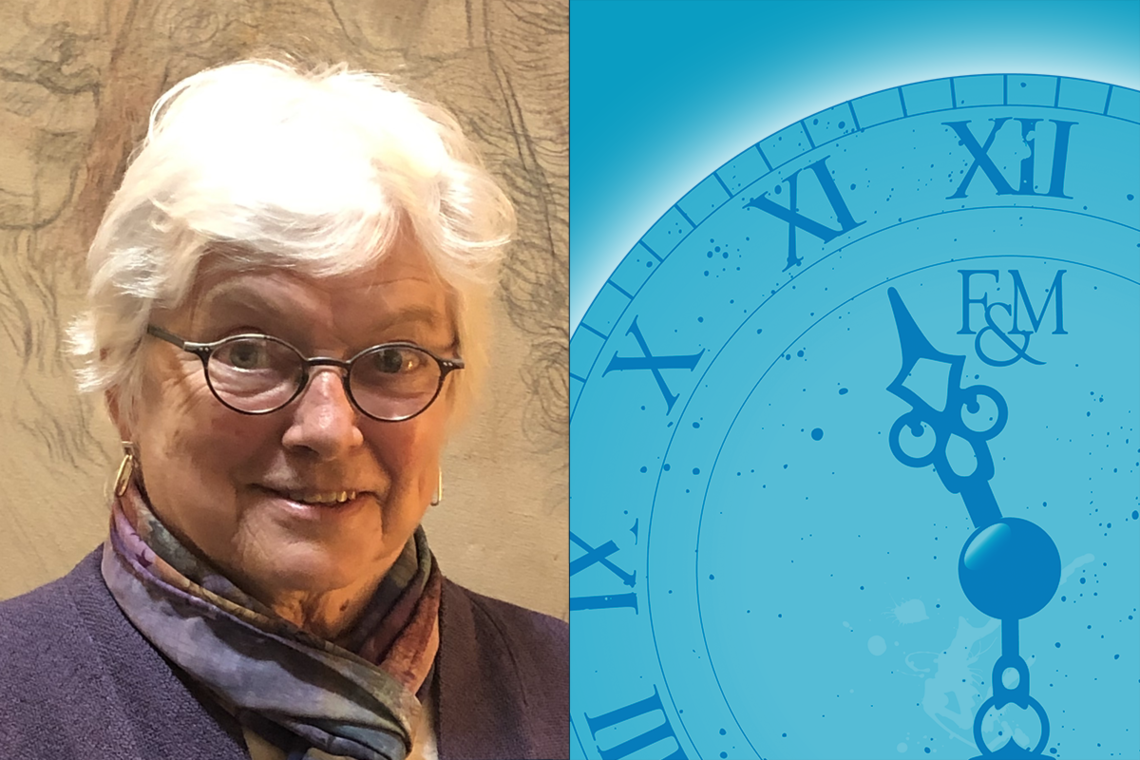By Nina Kegelman|| Staff Writer

This week’s Common Hour speaker was Ann D. Gordon, a Research Professor Emerita at Rutgers University, historian, editor, and self-described “cranky secular feminist.” Gordon’s talk, titled “Celebrating Women’s Suffrage? It’s Complicated,” critically examined the meaning of the 19th Amendment for American citizens and the much larger story of suffrage than what the celebration of its anniversary suggests.
Beginning with words of the 19th Amendment, which declare that the right to vote “shall not be denied or abridged by the United States or by any State on account of sex,” Gordon introduced not only the gaps in the Amendment itself but the difficulty of getting it to be law. After a long battle for suffrage and women’s rights, dating back to even before the Seneca Falls Convention in 1848, when the amendment was signed into the constitution on August 26, 1920, the headlines were, according to Gordon, “not great big news.”
The rest of Gordon’s talk explained the reason for this underwhelming response to the 19th Amendment, as we would see it now. Though it was a great victory for gender equality theoretically, the 19th Amendment was far from a solution to voter suppression, and Americans knew it. In fact, one of Gordon’s most striking references was to a piece written by Southern white women, who initially opposed it, came to support the new amendment under the logic that it would still prevent black women from voting. If black men still lacked the vote due to discriminatory voting requirements undermining the 15th Amendment, what would the 19th Amendment change for black women?
While Gordon emphasized how white supremacy generally interfered greatly with universal suffrage, she didn’t discredit suffragette’s enormous efforts to change their state constitutions, one by one. In Colorado, for example, photos show women lining up at the polls the very same year they earned suffrage. The image shows children hiding behind their mothers’ skirts; At 7:15 am, women were out voting before their children’s school day even started. Gordon clarified that even though Southern suffragettes were able to change their state constitutions, there is evidence of yearly efforts to convince voting men and lobby women around universal suffrage. Failing did not mean there was no trying.
Some states like Pennsylvania, Gordon explained, didn’t even change the exclusively male suffrage in their constitutions until the 1930’s, over a decade after the 19th Amendment passed. Until Voting Rights Acts and the advances of the Civil Rights Movement in the 1960’s, the victory of the 19th Amendment was, although impressive politically, somewhat arbitrary legally. Gordon called it a “flawed victory.”
Reflecting on the perception 19th Amendment today, Gordon noted that there is an overwhelming lack of recognition of this achievement- and the long history of suffrage- monumented in our country. She turned towards a complicated debate over a statue planned for Central Park, which originally only featured Elizabeth Cady Stanton and Susan B. Anthony but later included Sojourner Truth. The issue of who is represented remains, as Gordon holds that the battle for suffrage required extensive mobilization of people over a long period of time. The main problem she has with it? The new statue depicts a fictional reunion of Stanton, Anthony, and Truth, engaged in some meaningless imagined activity around a table for the sake of appearing inclusive.
Concluding her talk, Gordon reiterated the significance of the 19th Amendment for gender equality despite its failure to secure universal suffrage. It changed the rules about what women could and could not do. It forced the male monopoly on voting to fall, which is no small feat. As a basic component of American history, Gordon stressed that the passing of the 19th Amendment was the work of three generations of women; the goals of eliminating voter disenfranchisement today will be the work of many more to come.
Junior Nina Kegelman is a Staff Writer. Her email is nkegelman@fandm.edu.
